Ukrainian President Zelensky asked to be invited to Donald Trump’s inauguration three times, but was turned down, Donald Trump Jr says
In a surprising revelation that has sparked interest in the political world, Donald Trump Jr., the eldest son of former President Donald Trump, recently disclosed that Ukrainian President Volodymyr Zelensky had asked three times to be invited to his father’s inauguration. Despite these requests, the invitation was never extended, leaving many to question the reasons behind this decision. The exchange between the Trump family and Zelensky has raised eyebrows in both the U.S. and Ukraine, especially considering the complex relationship between the two countries during President Trump’s administration. This latest disclosure sheds light on a previously unknown aspect of the diplomatic dynamics between the U.S. and Ukraine, as well as the Trump administration’s foreign policy approach.
The timing of this revelation has also added fuel to the fire of ongoing discussions surrounding Trump’s impeachment and his interactions with Ukraine, which were major themes during his first term in office. The relationship between Trump and Zelensky became particularly prominent during the 2019 impeachment inquiry, when President Trump’s request for Zelensky to investigate his political rival, Joe Biden, led to a scandal that divided the nation. However, this new information adds a personal dimension to the story, showing that despite the political turmoil, Zelensky had made multiple efforts to engage with Trump personally, and yet his invitations were reportedly declined.
The Background: Ukraine’s Importance to U.S. Foreign Policy
To understand the significance of Zelensky’s repeated requests for an invitation to the inauguration, it’s essential to consider the broader context of Ukraine’s role in U.S. foreign policy. Throughout his presidency, Donald Trump maintained a complicated relationship with Ukraine, marked by moments of tension and moments of cooperation. On one hand, Trump recognized Ukraine’s importance as a strategic partner in Eastern Europe, particularly in countering Russian influence. On the other hand, his actions during the impeachment inquiry raised questions about his commitment to Ukraine’s sovereignty and security.
During the impeachment proceedings, Trump was accused of withholding military aid to Ukraine unless President Zelensky launched an investigation into Joe Biden and his son, Hunter Biden. This led to accusations that Trump was using his office to benefit politically by pressuring a foreign leader. The entire episode was controversial, with many believing that Trump’s actions undermined U.S. foreign policy and damaged the relationship between the U.S. and Ukraine. As a result, Zelensky’s desire to attend Trump’s inauguration may have been influenced by a mix of diplomatic interest, personal appeal, and his country’s desire for stronger ties with the U.S.
Zelensky’s Requests: Why Were They Denied?
Donald Trump Jr.’s recent comments have raised questions about why Zelensky’s invitations were turned down, especially given the high stakes of the U.S.-Ukraine relationship. According to Trump Jr., Zelensky made three separate requests to attend the inauguration, yet all of them were declined. The reasons behind the denials remain unclear, but there are several possible explanations.
One factor may have been the sensitive political climate surrounding Trump’s presidency at the time. With the impeachment inquiry looming and the intense partisan divide in the U.S., the Trump administration may have wanted to avoid any further complications in its relationship with Ukraine, particularly with Zelensky’s public role in the controversy. The decision to turn down Zelensky’s requests could have been an attempt to distance Trump from any perception of favoritism or undue influence, especially when it came to Ukrainian politics.
Additionally, the Trump administration was known for its “America First” approach to foreign policy, which often prioritized domestic concerns over international diplomacy. While Trump recognized the strategic importance of Ukraine, his administration may not have seen it as a priority to make a public show of support by inviting Zelensky to such a high-profile event. It’s also worth noting that presidential inaugurations are carefully curated events, with limited guest lists, and invitations are typically reserved for individuals with significant political or diplomatic connections.
The Implications of This Revelation
Donald Trump Jr.’s revelation adds an intriguing layer to the complicated history between the Trump administration and Ukraine. While the personal invitation to an inauguration may seem like a small gesture, it serves as a reminder of the broader diplomatic dynamics at play during Trump’s time in office. The refusal to invite Zelensky could be seen as a missed opportunity for strengthening ties between the two countries, particularly when Ukraine was grappling with ongoing conflicts with Russia and seeking U.S. support.
On the other hand, the fact that Zelensky made multiple requests and was still turned down highlights the tenuous nature of the relationship. This incident serves as a reflection of the broader uncertainty surrounding Trump’s foreign policy approach and his treatment of foreign leaders. While Trump was willing to engage with certain world leaders, his approach to Ukraine—whether in terms of policy or personal interaction—was often inconsistent and controversial.
The timing of this revelation, just as President Biden’s administration has taken office, may also suggest that Trump Jr. and others in the Trump family are looking to revisit and reinterpret the history of his father’s presidency, especially as it relates to Ukraine and other international matters. This could be seen as part of a broader effort to reshape the narrative surrounding the Trump administration’s foreign policy legacy.
Zelensky’s Continued Relationship with the U.S.
Despite the denied invitations, President Zelensky has continued to maintain a diplomatic relationship with the U.S., even after the impeachment scandal. Under President Biden, the U.S. and Ukraine have continued to work together on issues such as defense, economic development, and anti-corruption efforts. The Biden administration has emphasized its support for Ukraine’s sovereignty, particularly in light of the ongoing conflict with Russia. In many ways, the relationship between the two countries has evolved since the Trump era, with a renewed focus on strengthening alliances in Eastern Europe.
Zelensky has also expressed his gratitude for the continued support of the U.S. in Ukraine’s efforts to defend itself against Russian aggression. While the Trump administration’s foreign policy towards Ukraine was often controversial, the U.S. under both Trump and Biden has remained committed to helping Ukraine in its struggle for independence and territorial integrity.
In Conclusion
The revelation that Ukrainian President Zelensky asked to attend Donald Trump’s inauguration three times, only to be turned down, adds a new dimension to the ongoing story of U.S.-Ukraine relations during the Trump administration. While the reasons for the denial remain unclear, this incident highlights the complex and often unpredictable nature of diplomacy. Whether the refusal was politically motivated, based on strategic considerations, or due to other factors, it underscores the importance of understanding the nuances behind foreign policy decisions. As the Biden administration continues to strengthen ties with Ukraine, this new revelation serves as a reminder of the shifting dynamics in international relations and the legacy of Trump’s presidency in global politics.
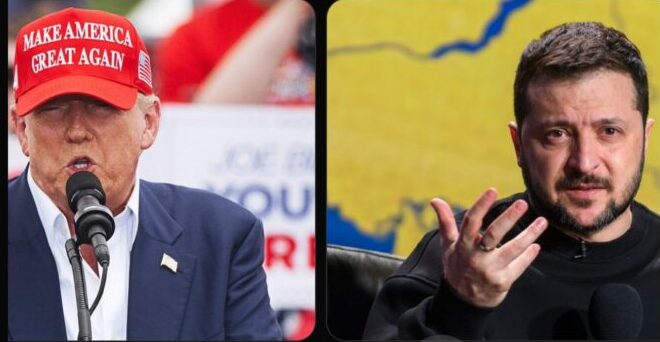
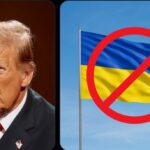
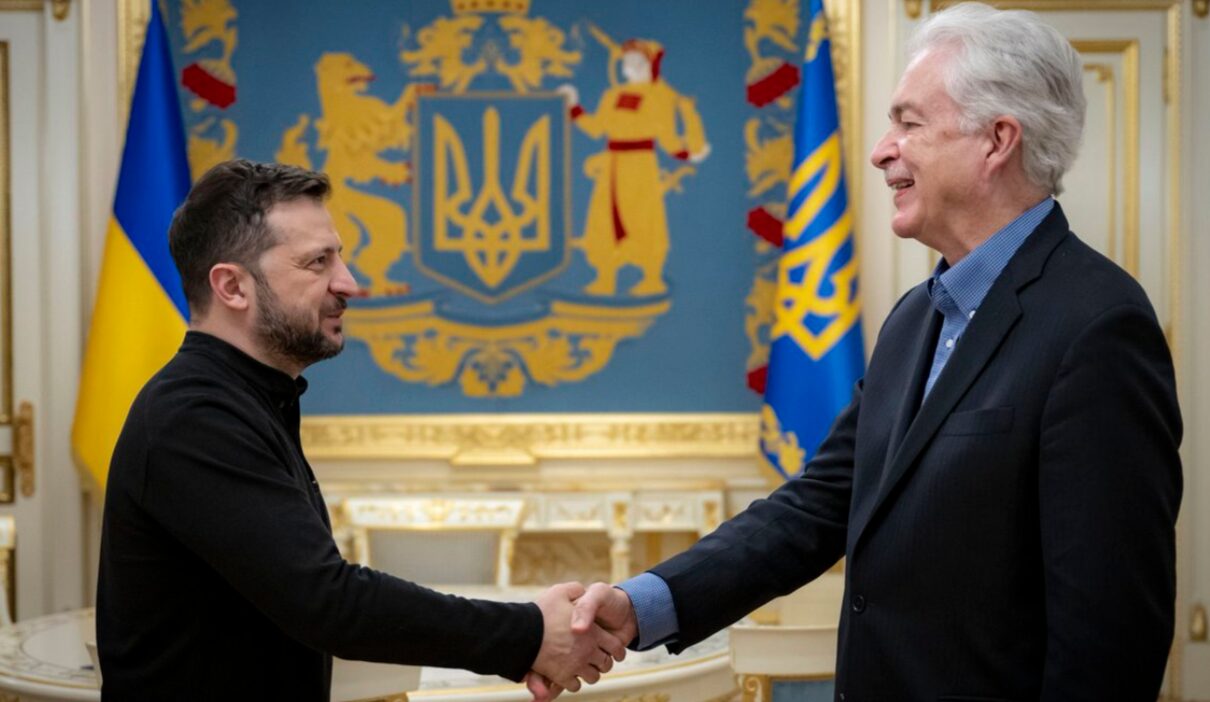
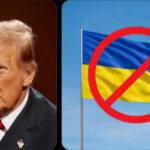
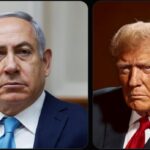

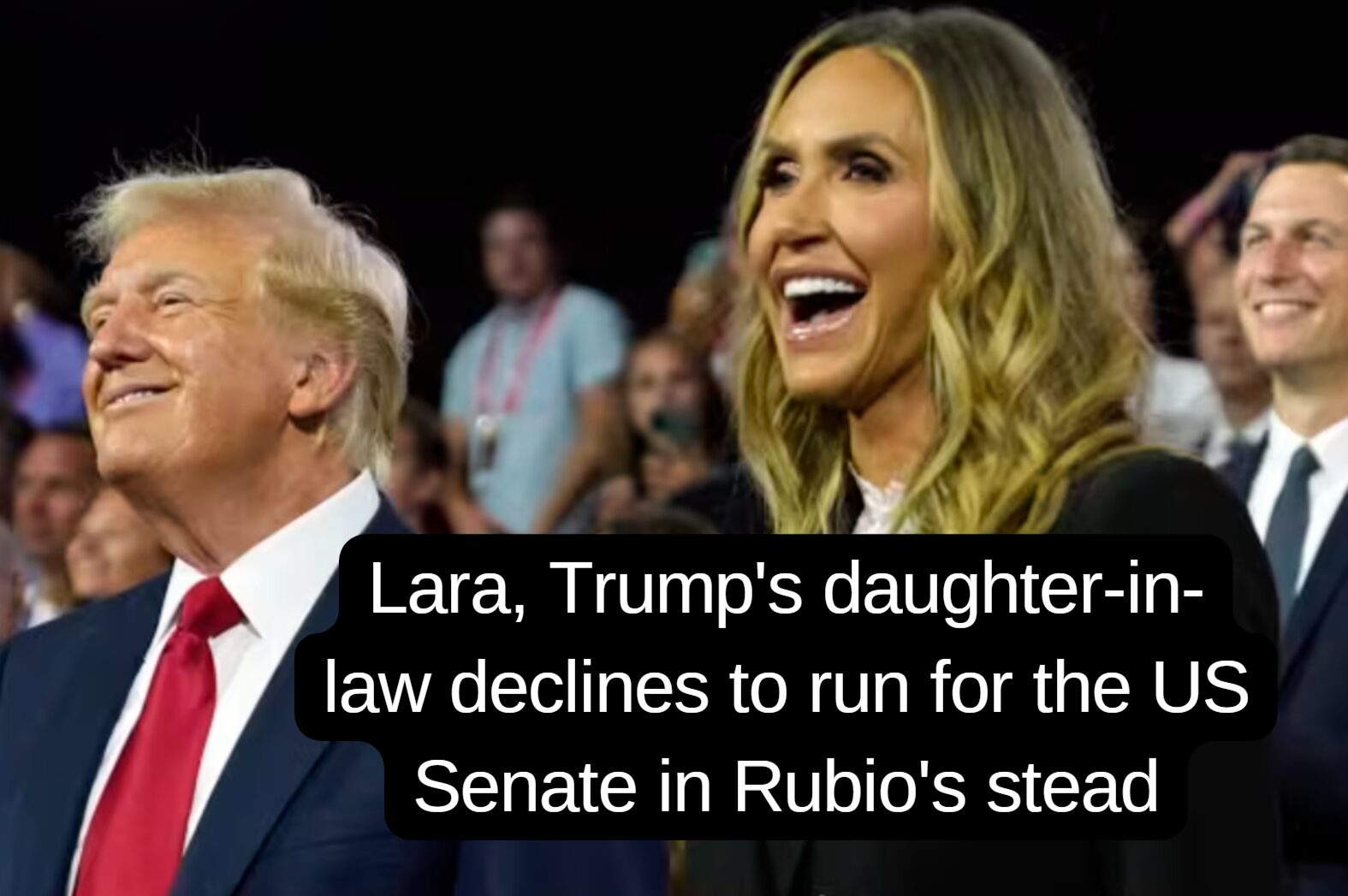
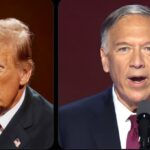
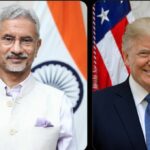








Post Comment